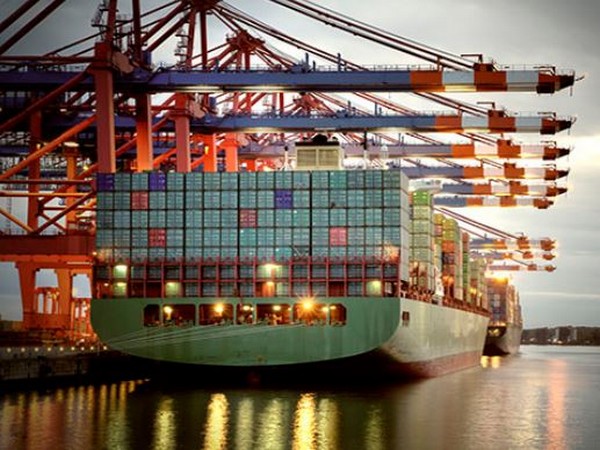Reforming Lebanon’s port sector prerequisite to build back better Port of Beirut
Five months after the tragic event, there is still a need to balance the immediate actions needed to secure Lebanon’s vital imports with the opportunity this crisis offers to "build back better" the ports system of Lebanon and stimulate trade and economic growth.

- Country:
- Lebanon
Reforming Lebanon’s port sector is a prerequisite for building back a better Port of Beirut and revitalizing the Lebanese economy, according to a new World Bank note that aims to provide guidance to policymakers on the crucial additional requirements for the rebuilding of the Port of Beirut (PoB).
The note titled "Reforming and Rebuilding Lebanon’s Port Sector: Lessons from Global Practices" summarizes global best practices in port governance and border management reforms, and offers a set of guiding principles to help inform port sector reforms in Lebanon and pave the way to rebuild a better PoB. The note also draws on extensive consultations with public and private sector organizations, civil society, academia, and the diplomatic and donor communities.
Following August 4, 2020, massive PoB explosion that devastated the city, killing at least 200 people, wounding thousands and displacing around 300,000, a Rapid Damage and Needs Assessment (RDNA), prepared by the World Bank in cooperation with the United Nations and the European Union, estimated damage to the PoB at about US$350 million. Five months after the tragic event, there is still a need to balance the immediate actions needed to secure Lebanon’s vital imports with the opportunity this crisis offers to "build back better" the ports system of Lebanon and stimulate trade and economic growth.
The Port of Beirut is the main gateway for the external trade of Lebanon, but it has failed in its key role as an enabler of economic development in the country by failing to guarantee safe and efficient operations and undertaking the necessary long-term strategic planning. These failures are a direct result of the current mismanagement and lack of good governance of the Port that was established in a legal vacuum and adheres to a port management system that arguably reflects the complex political-economic realities of Lebanon, and which as a result run counter to many recognized good practices.
The note argues that a crucial pre-requisite to the rebuilding of the Port is the establishment of a robust institutional framework for the port sector. This framework will pave the way to rebuild a modern, transparent and efficient port and to restore the trust of the Lebanese society and port users into its capacity to strengthen the economic fabric and provide support in overcoming the country’s economic crisis.
"A new national port sector strategy is needed to optimize port infrastructure across Lebanon and to serve best the country and allow improved transit and trade," said Saroj Kumar Jha, World Bank Mashreq Regional Director. "Building back better means revisiting the siting and sizing of the PoB, and rebalancing roles and investments in other ports and other logistics infrastructure using an economic corridor approach to position Lebanon to benefit from future opportunities in the Mashreq region.”
The note also argues that the reconstruction roadmap of the Port of Beirut should have four key building blocks: i) a new governance structure based on the landlord port model; ii) efficient and modern Customs, border agency and trade processes that have an essential role in addressing transparency, predictability and security issues; iii) open and transparent bidding processes for selecting investors, operators or concessionaires; and iv) quality infrastructure that is contingent on a countrywide strategy for the port sector and a revised masterplan for the Port of Beirut.
When effectively implemented in a transparent and participatory manner, these reforms would meet the demands and aspirations of the Lebanese people and all stakeholders towards the efficient functioning of the Port. The World Bank Group stands ready to engage with the port sector stakeholders and a reform-minded government to reform the port sector of Lebanon and rebuild a modern and efficient Port, based on the global best practice presented in this Note.
- READ MORE ON:
- Lebanon
- World Bank
- Beirut
- economy
- Saroj Kumar Jha
ALSO READ
France tells French citizens not to travel to Iran, Lebanon, Israel, Palestinian Territories
Italy to recruit migrant workers in Lebanon, Ivory Coast and Ethiopia
Poland warns against travel to Israel, Palestine and Lebanon
IDB, World Bank reports on emergency capital could pave way for expanded lending
World Bank chief pushes internal reforms at spring meetings










